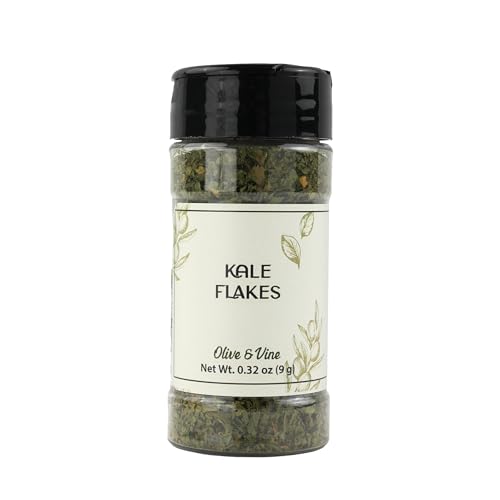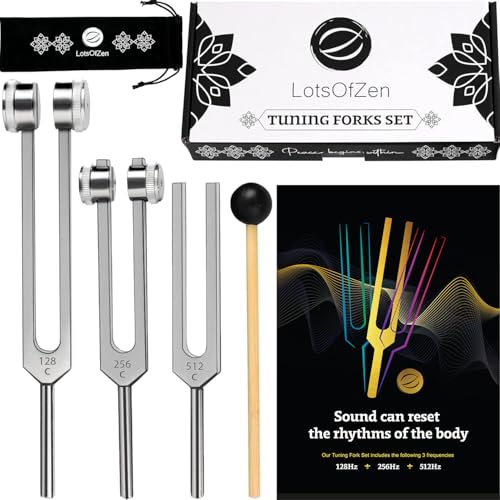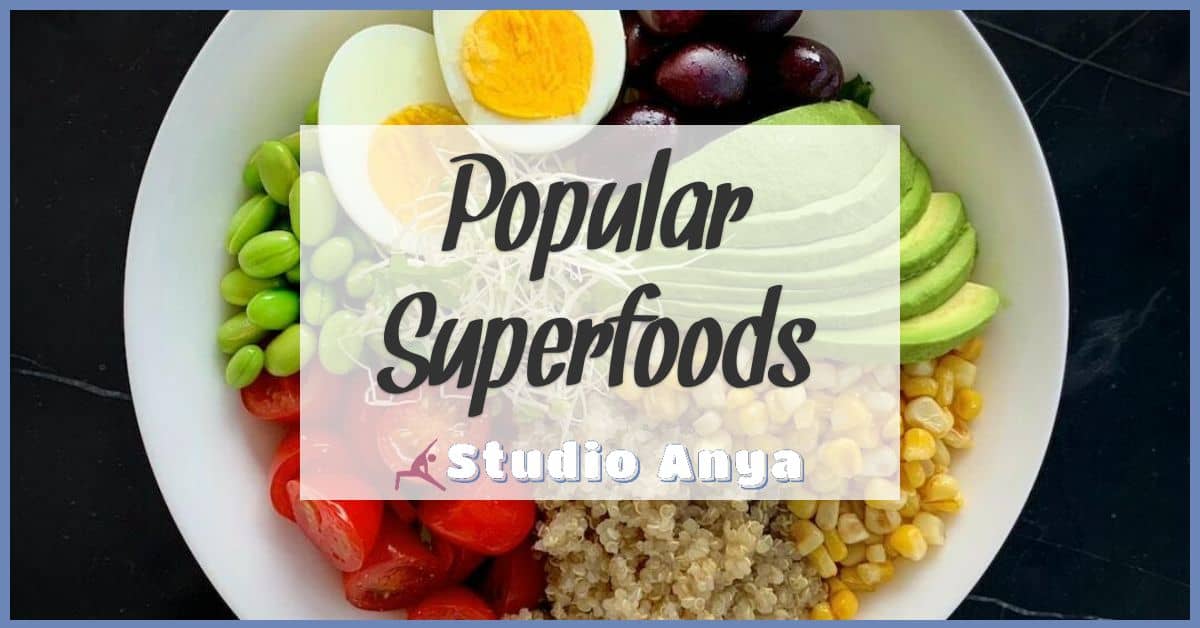Switching to a vegetarian lifestyle can feel like stepping into a whole new world. I remember when I first started—it was exciting, a little intimidating, and full of questions. What do I eat? Will I get enough nutrients? How do I handle social situations? Trust me, you’re not alone in wondering about these things.
Whether you’re exploring vegetarianism for health reasons, ethical beliefs, or environmental concerns, it’s a journey that can be as rewarding as it is transformative. The good news? You don’t have to figure it all out at once. With a little guidance and an open mind, embracing a plant-based lifestyle can be simpler and more enjoyable than you’d expect.
What Is Vegetarianism?
Vegetarianism focuses on a diet built around plant-based foods like vegetables, fruits, grains, nuts, legumes, and seeds. It excludes meat, poultry, and fish, though variations exist depending on personal choices. For example, lacto-vegetarians include dairy products, while ovo-vegetarians incorporate eggs.
At its core, vegetarianism embraces mindful consumption, aligning well with a holistic lifestyle. Many choose this path for health, ethical, or environmental reasons. From my experience as a yoga and meditation teacher, I see it as an extension of practicing kindness and cultivating balance within and around us.
Physically, vegetarian diets support optimal energy and bodily functions, which are essential for yoga practitioners. Consuming nutrient-dense foods helps build vitality and improves breathwork. Spiritually, it encourages sattvic (pure) eating, which fosters mental clarity and inner peace—a foundation for deepening meditation practice.
Types Of Vegetarian Diets
Many people exploring vegetarianism are surprised by its diversity. As someone deeply engaged in yoga and meditation, I’ve seen how tailoring your diet to your personal goals can transform your health, energy, and focus.
Lacto-ovo Vegetarian
Lacto-ovo vegetarians exclude meat, poultry, and fish but include dairy products and eggs. This is one of the most common types of vegetarian diets. People often find it easier to sustain, as it allows flexibility in protein sources like cheese, milk, and eggs while still focusing on plant-based foods. In my practice, I’ve met individuals who thrive on this balance, achieving both nutrition and mindfulness.
Lacto Vegetarian
Lacto vegetarians include dairy products such as milk, yogurt, and cheese but avoid eggs, meat, poultry, and fish. Many yoga practitioners prefer this diet due to dairy’s known calming effects, believed in Ayurveda to balance energy levels and promote inner harmony. I often recommend this option for those looking to maintain spiritual alignment while enjoying nutrient-rich dairy.
Ovo Vegetarian
Ovo vegetarians exclude dairy but incorporate eggs into their diet. Eggs provide a high-quality protein source for those avoiding milk-based products. I’ve seen clients with lactose intolerance or specific ethical concerns find great success with this type of vegetarianism while maintaining high energy for yoga sessions and life.
Vegan Diet
A vegan diet excludes all animal-derived products, including eggs, dairy, and honey. It’s entirely plant-based and emphasizes whole, unprocessed foods. This option often resonates with those passionate about animal welfare and environmental concerns. I’ve witnessed the incredible mental clarity and lightness that vegans in my yoga classes experience, often feeding their mindfulness practices with greater ease.
Other Variations
Some people follow less common variations, such as flexitarian (primarily plant-based with occasional meat or fish), pescatarian (excluding meat but including fish), or raw vegan diets (primarily uncooked whole foods). These choices enable a personalized approach. Whether for health, ethical, or spiritual reasons, clients often explore these paths to complement their unique physical and mental needs alongside yoga and meditation.
Key Benefits Of A Vegetarian Lifestyle
Adopting a vegetarian lifestyle aligns beautifully with fostering health, mindfulness, and sustainability. As a yoga and meditation teacher, I’ve seen how this diet enhances physical vitality and promotes a more connected, purposeful way of living.
Health Benefits
A well-balanced vegetarian diet supports overall well-being. Eating nutrient-rich foods like vegetables, fruits, whole grains, legumes, nuts, and seeds provides essential vitamins, minerals, and fiber. These foods help reduce the risk of heart disease, hypertension, and type 2 diabetes.
Plant-based proteins like lentils, chickpeas, and tofu offer excellent alternatives to animal products while supporting muscle repair and energy levels. For those who practice yoga or meditation, these foods fuel the body without weighing it down, aiding postures, focus, and breath control. Antioxidants and phytonutrients found in colorful produce also enhance recovery and immune function.
Environmental Impact
Shifting to a vegetarian diet directly lowers one’s environmental footprint. By choosing plant-based foods, we conserve resources such as water and energy and reduce greenhouse gas emissions linked to animal agriculture. A United Nations report highlights that plant-based diets use significantly less land and water compared to meat production.
This harmony with the Earth reflects the yogic principles of ahimsa (non-harming) and mindfulness. The connection between our plate and the planet is palpable when we recognize how mindful choices protect natural ecosystems.
Ethical Considerations
Choosing vegetarianism resonates deeply with the ethics of compassion. By avoiding meat, poultry, and fish, we reduce harm to animals and contribute to more humane food systems. For many, this shift nurtures a sense of alignment between values and actions, creating inner peace.
Living ethically through diet mirrors the yogic path of kindness toward all beings. Vegetarianism invites us to reflect on interconnectedness, making it a natural extension for those pursuing spiritual growth through yoga and meditation.
Common Challenges And How To Overcome Them
Transitioning to a vegetarian lifestyle often involves navigating some common challenges, but with thoughtful solutions, it’s entirely manageable. Drawing from my experience as a yoga and meditation teacher, I’ve identified the three most frequent concerns and practical ways to overcome them.
Nutritional Concerns
Ensuring a balanced intake of nutrients is a major focus when switching to vegetarianism. Protein, iron, vitamin B12, and omega-3 fatty acids are often areas of concern. To address this, I recommend incorporating diverse plant-based protein sources like lentils, chickpeas, edamame, and tofu into daily meals. For iron, dark leafy greens, beans, and fortified cereals work well when paired with a vitamin C source, such as citrus or tomatoes, to enhance absorption.
For vitamin B12, which is scarce in plant-based foods, fortified nutritional yeast or a high-quality supplement fills the gap. Including plant sources of omega-3s like chia seeds, flaxseeds, and walnuts ensures proper nutrient balance. Keeping these essentials in mind nourishes the body and supports energy, which is vital for yoga and meditation practices.
Social Situations
Dining out or attending social events can feel overwhelming when vegetarian options seem limited. I suggest researching restaurant menus in advance or recommending venues with vegetarian-friendly dishes to the group. At gatherings, offering to bring a dish not only ensures there’s something delicious to eat but also introduces everyone to how fulfilling plant-based meals can be.
When handling questions or misconceptions about vegetarianism, I focus on sharing the joy and benefits of my choice without pressing my views on others. Approaching conversations with positivity creates openness and often inspires curiosity, which resonates with the empathetic principles of yoga.
Meal Planning
Planning meals ahead saves time and stress while promoting a balanced diet. I often encourage clients to build meals using the “plate method”—filling half the plate with vegetables, a quarter with whole grains like quinoa or brown rice, and the remaining quarter with plant-based protein. Keeping staples like frozen vegetables, canned beans, and whole grains in the pantry ensures quick, nutrient-dense meals are always an option.
Batch cooking soups, stews, or stir-fries helps streamline busy days. Preparing smoothie ingredients in advance also provides a quick post-yoga nutrient boost. Focusing on mindful eating and preparation aligns meal planning with the grounding and intentionality central to meditation and yogic living.
Tips For Starting A Vegetarian Diet
Starting a vegetarian diet can be an enriching journey for the body and mind. From my experience as a yoga and meditation teacher, approaching this transition with mindfulness creates a deeper connection to food and health.
Transitioning Gradually
Introducing vegetarianism step by step ensures a smoother adjustment. Begin by dedicating one or two days a week to meatless meals, such as “Meatless Mondays.” Gradually replace animal proteins with plant-based options like lentils, tofu, chickpeas, or tempeh. This approach reduces overwhelm and helps your body adapt. I often recommend keeping familiar flavors by cooking vegetarian versions of favorite dishes, such as vegetable stir-fries or bean-based soups.
Building Balanced Meals
A balanced vegetarian plate supports energy for yoga, meditation, and daily activities. Include a variety of vegetables, whole grains, legumes, nuts, and seeds to meet nutritional needs. For example, pair quinoa with roasted vegetables and a tahini dressing, or enjoy a black bean salad with avocado and a sprinkle of pumpkin seeds. Incorporate protein-rich foods like chickpeas, edamame, and tempeh alongside sources of healthy fats, such as walnuts or flaxseeds. Focus on portioning meals using the “plate method,” dividing your plate into vegetables, grains, and protein sources to maintain balance.
Finding Vegetarian-Friendly Resources
Reliable resources simplify a vegetarian lifestyle. Explore vegetarian cookbooks, apps, or online platforms showcasing recipes aligned with health goals. I regularly recommend apps like Forks Over Knives or minimalist plant-based blogs for meal inspiration. Connect with like-minded communities through local yoga studios, meditation groups, or vegetarian meetups to share tips and experiences. Many grocery stores label vegetarian-friendly products, simplifying shopping. When dining out, identify vegetarian items on menus or ask chefs for plant-based alternatives customized to your preferences.
Conclusion
Embarking on a vegetarian journey is a personal and meaningful choice that can bring incredible benefits to your health, the planet, and your sense of well-being. While the transition might feel overwhelming at first, taking it step by step and staying curious makes all the difference.
Remember, there’s no one-size-fits-all approach, so explore what works best for your body and lifestyle. Celebrate small wins, stay patient with yourself, and don’t be afraid to experiment. With time, you’ll find the joy and balance that comes with a plant-based lifestyle.



















